MIT Portugal Workshop on Modeling resource-efficient districts with UBEM
The workshop Modeling resource-efficient districts with UBEM, hosted by Prof. Christoph Reinhart from MIT and MIT Portugal’s Sustainable Cities Lead Faculty Member, took place on October 13 at Instituto Superior Técnico. The workshop gathered a group of 9 PhD students and 6 practitioners.
For the welcome notes, we had Zita Martins ( MPP National Co-director) and Prof. Paulo Ferrão (Prof. at IST and MPP former director). Zita shared the significant pillars of the MIT Portugal Program, such as Research; Education, networking/ idea-sharing and highlight the main goal of these workshops. “By promoting activities, such as this workshop, in critical areas such as sustainable cities and climate change, the MIT Portugal Program wants to foster networking and the exchange of knowledge between students, researchers and industry”.
“This collaboration is fundamental in science and might lead to new ideas, projects and products which are crucial for the development of our society” Zita added.
Paulo Ferrão shared an overview of the MIT Portugal C-Tech project, which is related to the main topic of the workshop, and a good example of how collaborative research between MIT and Portuguese institutions can have a positive impact on our cities and lives.
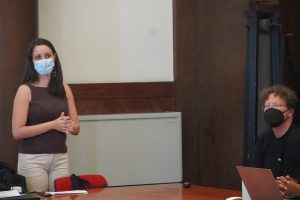
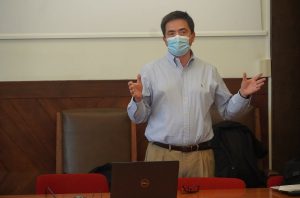
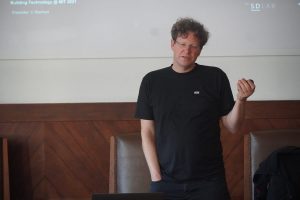
The workshop was conducted by Christoph Reinhart (MIT), Khadija Benis and Ricardo Gomes, from IN+. For 3 hours the participants were introduced to concepts and workflows to model buildings’ operational energy use and embodied energy, as well as neighborhoods’ walkability and urban food production potential, both for new and existing districts. They worked together to develop a high-level carbon reduction strategy for existing buildings in Lisbon.
This hands-on workshop was structured to bring together and promote interaction between different stakeholders. We had a group of 9 PhD students with architecture and engineering backgrounds from different institutions (Porto; Aveiro; Coimbra; Lisbon) and also 6 practitioners from architecture and urban planning firms.
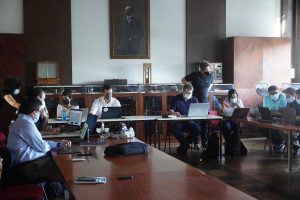
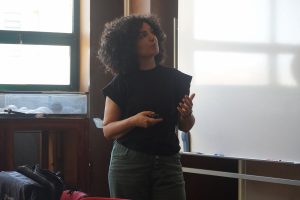
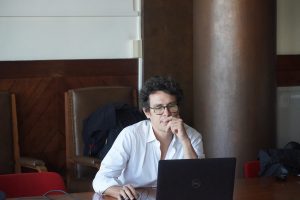
Thank you to IN+Center for Innovation, Technology and Policy Research and Instituto Superior Técnico of the University of Lisbon, for helping us in this organization.
